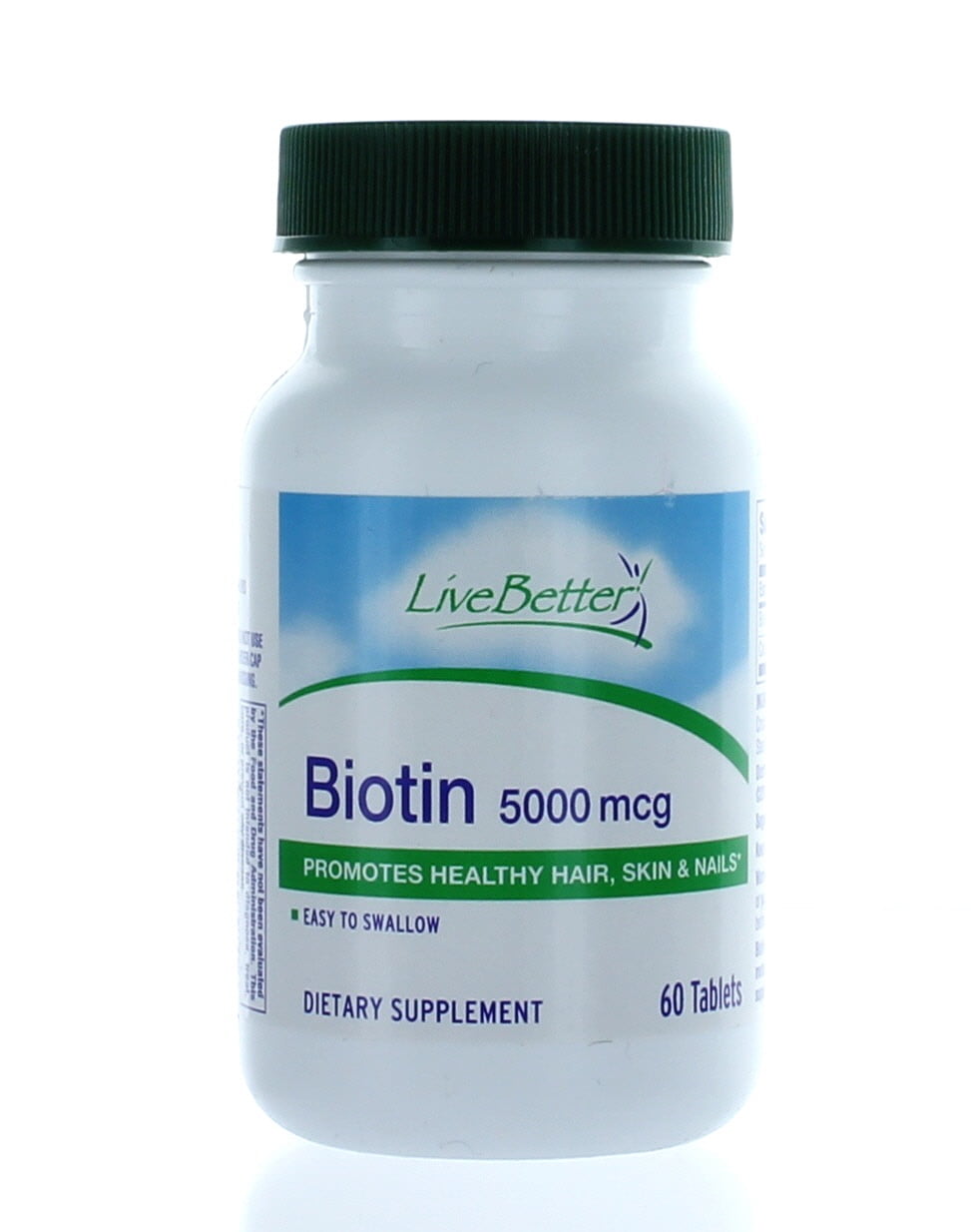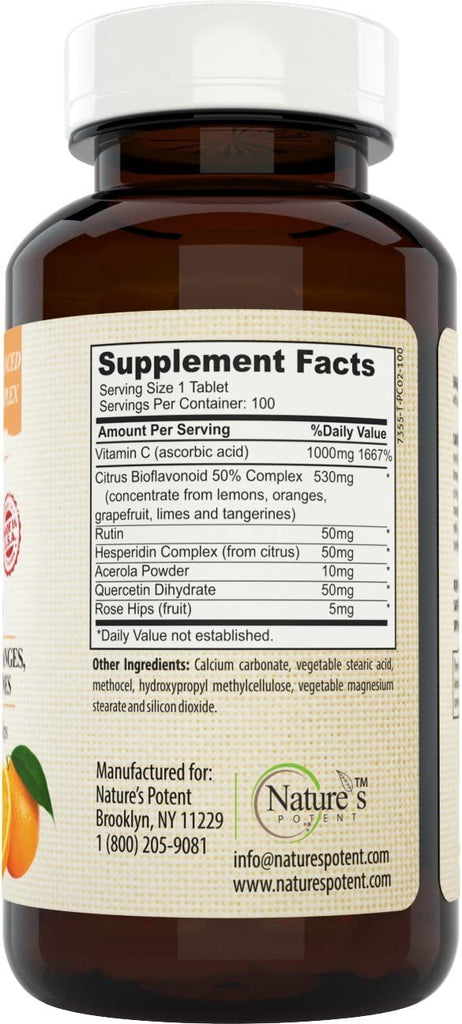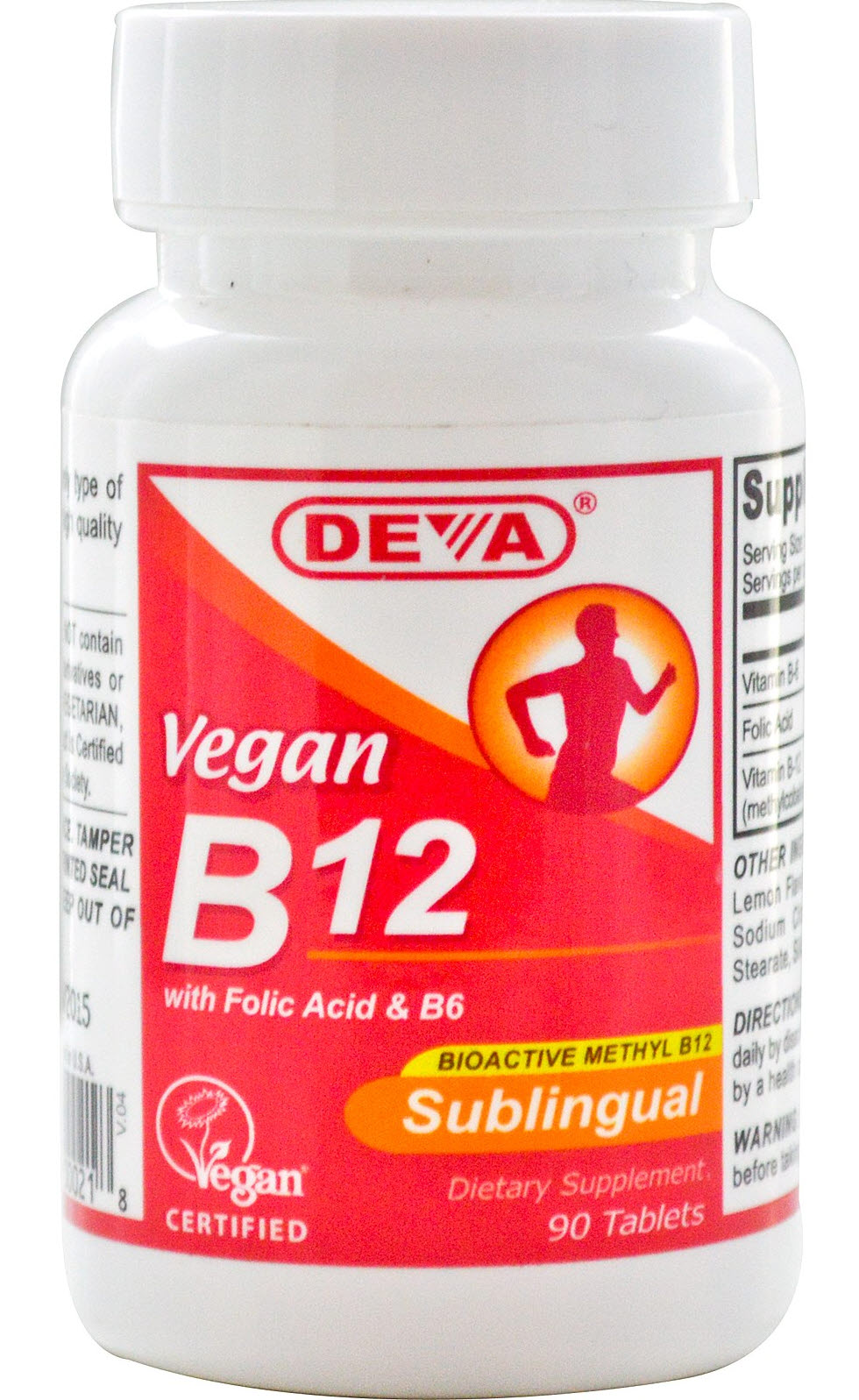
2Faculty of Medicine, Universitas Pelita Harapan, Tangerang, Indonesia.Hasan Sadikin General Hospital, Bandung, Indonesia

1Department of Cardiology and Vascular Medicine, Faculty of Medicine, Universitas Padjadjaran/Dr.
#VITAMIN R REVIEW PROFESSIONAL#
While a few examples are listed below, it’s always important to talk with a healthcare professional about the supplements you’re taking - especially before they start you on prescription medication.Mohammad Rizki Akbar 1 *, Arief Wibowo 1, Raymond Pranata 1,2 and Budi Setiabudiawan 3 Vitamin E can potentially interact with certain medications. Therefore, make sure to check the labels of vitamin supplements carefully. Keep in mind that doses found in vitamin E supplements vary significantly, with some providing much more than a healthy person needs each day. Therefore, you should generally not supplement with vitamin E unless a qualified healthcare professional recommends it and monitors your intake.

However, health concerns - including a possible risk of increased mortality - are associated with doses much lower than the UL. High dose vitamin E supplements may also increase the risk of bleeding ( 1).Īccording to the NIH, the Tolerable Upper Intake Level (UL) for supplemental vitamin E is currently set at 1,000 mg per day ( 1). However, it is possible to consume too much vitamin E through supplements, and this can lead to negative side effects and harm your health.įor example, studies have found that vitamin E supplements may increase the risk of prostate cancer in healthy men ( 19). Overdosing on food-based vitamin E is unlikely. Studies have shown that vitamin E supplements could improve lung function and certain symptoms of asthma in children and adults ( 14, 15, 16). Because vitamin E plays important roles in health, such as reducing inflammation and improving immune function, supplements may benefit people who have increased needs or don’t get enough in their diets, such as some older adults ( 13). But it’s still unclear whether the supplements benefit people with cognitive conditions like Alzheimer’s disease ( 11, 12). Maintaining optimal vitamin E levels and taking supplements may help protect against cognitive decline.

However, research is currently limited, and more studies are needed to learn more about this potential benefit ( 10).
#VITAMIN R REVIEW SKIN#
Vitamin E supplements may be helpful for those with certain skin disorders, such as eczema. Vitamin E supplements have also been linked to several other health benefits: GPx is a group of antioxidant enzymes that protect your cells from oxidative damage.Ī 2021 study also showed that supplementing with a combination of vitamin E and vitamin C daily for 8 weeks reduced markers of oxidative stress, such as malondialdehyde and ROS, in women with endometriosis ( 5).

This can lead to cellular damage and increased disease risk ( 3).īecause vitamin E acts as a powerful antioxidant in the body, studies have shown that supplementing with high doses of it can reduce markers of oxidative stress and boost antioxidant defenses in some populations ( 4).įor example, a 2018 study in 54 people with diabetic nephropathy - kidney damage caused by high blood sugar - found that supplementing with 800 IU of vitamin E per day for 12 weeks significantly increased levels of glutathione peroxidase (GPx) compared with a placebo ( 4). Oxidative stress is a condition that occurs when there’s an imbalance between your body’s antioxidant defenses and the production and accumulation of compounds called reactive oxygen species (ROS). May reduce markers of oxidative stress and improve antioxidant defenses


 0 kommentar(er)
0 kommentar(er)
